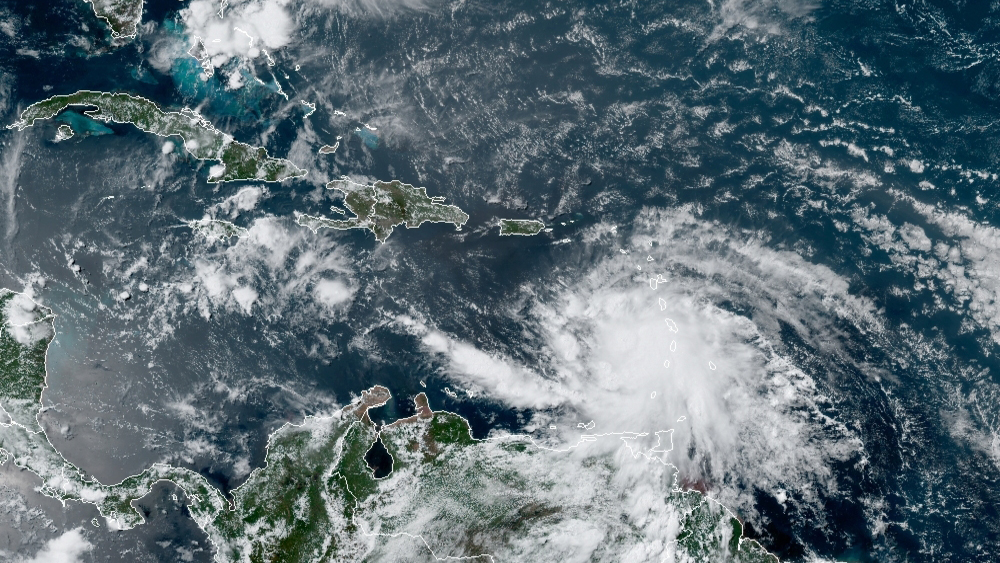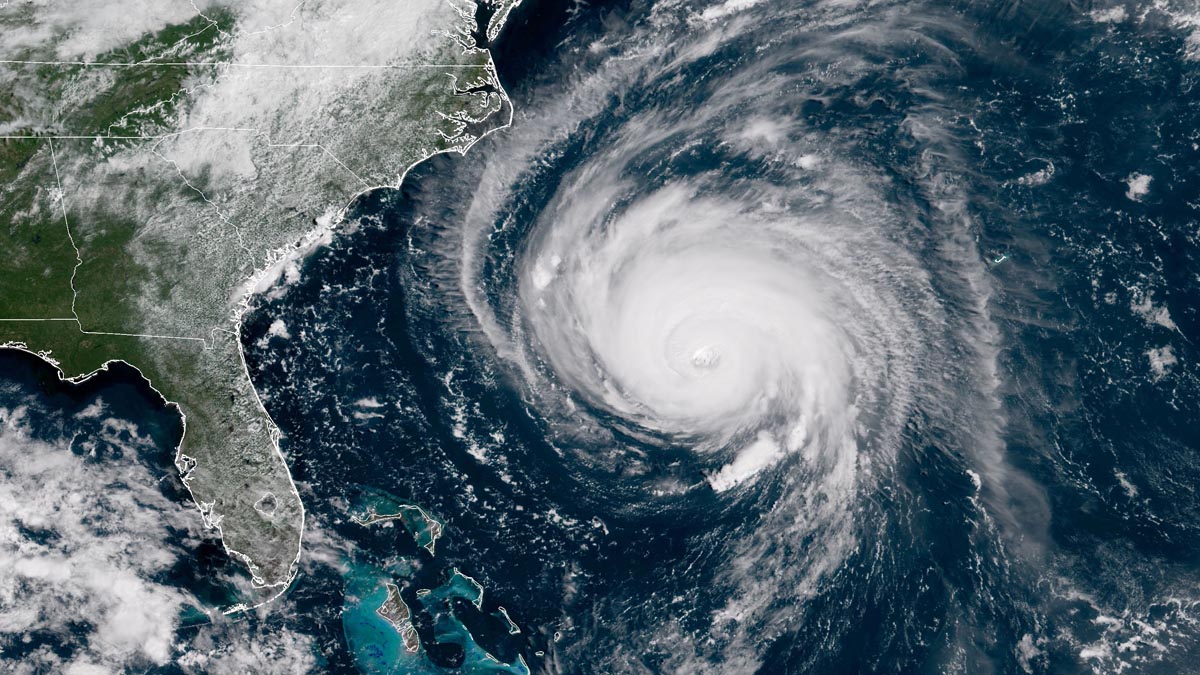The conversation of hurricane season preparation usually ramps up in late-May, then quickly fades in the month of June.
July isn’t much better, if it’s even mentioned at all.
Watch NBC6 free wherever you are
But as August is now here, I’ll ask once more: "Are you prepared for hurricane season?"
The single greatest catalyst to preparation is experience. The next best is motivation.
Get local news you need to know to start your day with NBC 6's News Headlines newsletter.
HURRICANE SEASON
Personally, I see experience coming from one of two paths.
One path of experience comes from a person, or a family, being directly hit or impacted by a tropical cyclone.
Even that can come in many forms and definitions.
From the destruction of Andrew ('92), the menace of the 2004 season, the strikes from Katrina and Wilma ('05), the blow of Irma to the Florida Keys ('17) or the flooding rains of Eta ('20).
All of these storms delivered a tangible impact to the area, and life lessons, too.
The second path of experience likely speaks to many residents who may not necessarily have the aforementioned experience.
On this track, you’re a resident who has prepared season after season with the items you’re told you’ll need, you think you’ll need, and the rest you figure out in the homestretch.
But what about the new population base of South Florida that has arrived over the last few years?
I think we need to be attentive and helpful to their level of preparation experience, if any.
It’s for this group I hope for motivation.
Motivation to take the time to gather the necessary supplies when there is no clear and present threat of a tropical system.
Motivation to think about their tools for success in the face of high-impact weather.
Consideration for how they may navigate the loss of power, water, internet, fuel supplies or even basic needs.
Have you ever considered that hurricane preparations come in different stages?
The early stage is the assembly and storage of the core supplies and things you can do ahead of time, outside of a threat.
The second phase is when a threat is certain or near certain. This includes determining how to prepare your home, townhome or condo for adverse weather. This can pertain to taking in plants, patio furniture and garbage cans, to completely buttoning up your home with shutters, hardening your defenses and putting your generator on standby.
Should you have to reach the second phase, you’ll have peace of mind knowing the first stage of preparation was already taken care of.
However, reactionary preparation happens season after season.
That is, there’s a tropical threat and there’s been no thread of preparation made. This leads to a lot of stress and wasted time spent chasing down dwindling supplies in grocery and home improvement stores.
Save yourself from that hassle by getting ahead of it today. Look over the preparation suggestions in the NBC 6 2022 Hurricane Guide.
Leading up to a potential storm strike the last important element of action is determining if you need to evacuate.
This is a call that emergency mangers do not take lightly. Therefore, if it is required for your particular area, you know it’s serious.
The good news is that, over the years, improved forecast skill has guided decision-makers to call for fewer evacuations with a more specific outline for these departures.
That’s not to say it won’t happen. It’s to say the calls are better, more precise and done with an abundance of assessment with your safety in mind.
It’s imperative you "know your zone." You can find that information, along with important phone numbers, shelter guidelines and other helpful information in the NBC 6 2022 Hurricane Guide.
This year, use both experience and motivation together.
We’re here to guide you if a threat approaches, but you can help yourself by taking the time to review your hurricane plans and supplies today.



